Accordingly, the General Secretary concluded and agreed on the policy that primary and secondary schools should organize two sessions per day depending on the conditions of each locality in terms of facilities, finance and teachers. Teaching two sessions per day ensures no fees and reduces pressure on students, and enhances teaching of culture and arts for students to develop comprehensively. Along with teaching two sessions per day, the State supports lunch for primary and secondary school students in border communes, with priority given to mountainous border communes, including students from ethnic minorities and Kinh people.
This policy is implemented according to a roadmap, in accordance with the country's economic situation. During the implementation process, it is necessary to strengthen inspection and supervision, and strictly prohibit the reduction of student food standards. Initially, it will be implemented in land border communes, starting from the 2025-2026 school year. Based on the implementation results, a preliminary review will be conducted to expand nationwide. The conclusion also encourages localities that can balance the budget to immediately implement this work in their management areas.
Localities need to focus on building and completing boarding and semi-boarding schools for border communes, creating favorable conditions for students to study and live. Pay attention to building schools with enough classrooms, labs, water, kitchens, bathrooms, toilets, playgrounds, and accommodations for teachers. Border communes bordering a country need to teach the language of that country to students so that in the future there will be conditions to increase people-to-people exchanges between the two countries.
The conclusion of General Secretary To Lam made the public both happy and worried about the current situation ofeducational facilities and human resources being lacking and facing many difficulties. The current general education program is aiming to develop students' comprehensive capacity and qualities, so the task of schools is not only to teach knowledge but also to create an environment for students to develop their capacity according to the requirements of each subject.
Teaching 2 sessions/day is not new. Many countries in the world have applied this model very effectively. In Vietnam, some big cities such as Hanoi and Ho Chi Minh City have also taught 2 sessions/day. In Ho Chi Minh City, the rate of teaching 2 sessions/day in secondary and high schools is currently 93%. This model has been maintained for nearly 20 years now, and the results are very high.
In Quang Tri, there are also schools that organize two sessions per day. The second session is flexibly organized by schools to alternate many activities of life skills education, IT and English. Thus, teaching two sessions per day is suitable for the new situation. Currently, the whole country has more than 13,700 schools, with nearly 9.5 million students at these two levels.
To implement the above conclusion, the Ministry of Education and Training has the responsibility to issue instructions and clarify each content to facilitate schools in implementing. Schools cannot teach all subjects in the morning timetable but need to arrange and spread them evenly in both sessions to reduce pressure on students. School units need to exploit learning topics and subjects to turn knowledge into capacity for students.
Topics and subjects are not organized by class but taught according to needs. Teaching the second session of the day is not about extra teaching or learning, but about teaching knowledge and skills for students to meet the development trends of society. Schools should organize STEM classes: Science, Technology, Engineering, Mathematics; artificial intelligence; digital skills; learning English with foreigners...
If organized scientifically, reasonably, and with the right goals, students can also learn swimming, martial arts; public speaking; dialogue, presentation, culture, art... at school. This is something that students and parents have long expected because it is part of the program of the Ministry of Education and Training.
However, many parents in Quang Tri are concerned about the number of staff and facilities if the 2025-2026 school year is organized to teach 2 sessions/day. Education researchers analyze that the policy of implementing 2 sessions/day for middle and high school students is in line with the inevitable requirements of training and developing human resources to serve the country's development, but it is necessary to prepare well for this work.
Because, to organize 2 sessions/day, it is necessary to have enough school facilities, enough resources for teachers and funding to pay for teachers exceeding the prescribed number of teaching periods... If there are not enough resources and we follow the trend, it will negatively affect a humane and correct policy of the Party and State that many people expect.
For society to be united and for education to develop in a modern way, the State needs to take more drastic and appropriate steps; the Ministry of Education and Training and local authorities need to take stronger actions. That is, the school system needs to be invested in and built, the budget needs to be increased, more teachers need to be recruited, and training and coaching needs to be strengthened; the content of textbooks, teaching methods, and examination methods need to change more.
The trend of teaching 2 sessions/day is currently being encouraged, especially in the context of comprehensive educational innovation according to the 2018 General Education Program.
Therefore, to realize the General Secretary's conclusion, the education sector needs to prepare well, take lessons from implementation, and firmly pursue the goal of developing students' comprehensive qualities and abilities because this is the noblest goal of education.
Tue Linh
Source: https://baoquangtri.vn/can-chuan-bi-that-tot-de-day-hoc-2-buoi-ngay-194160.htm


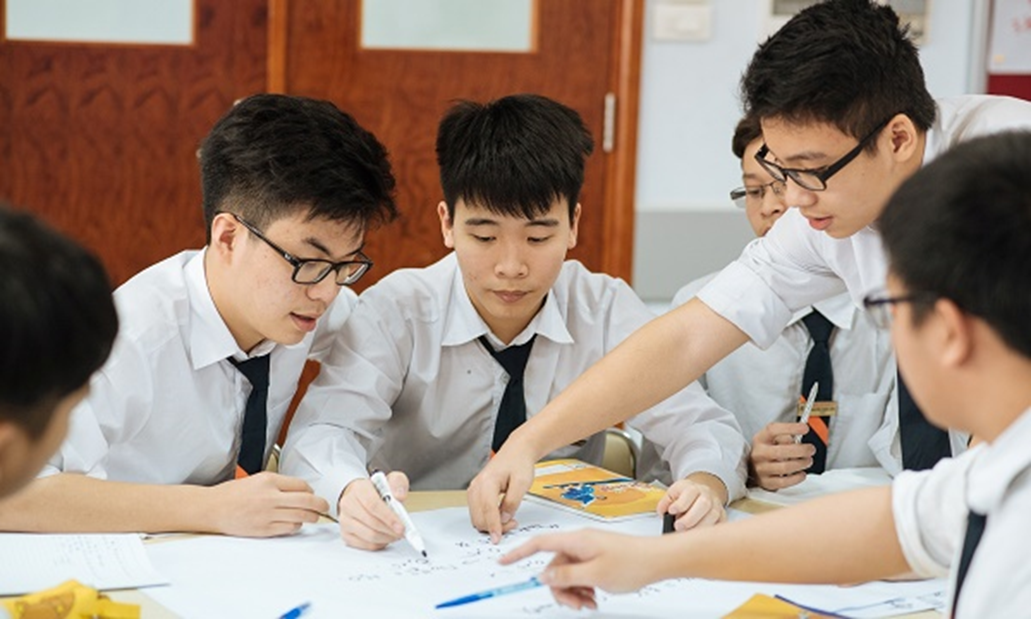






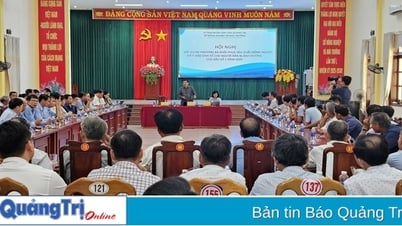








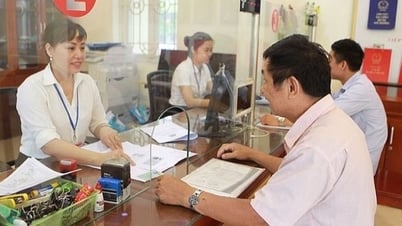




















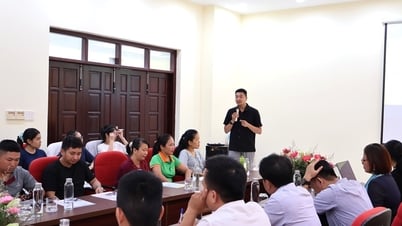










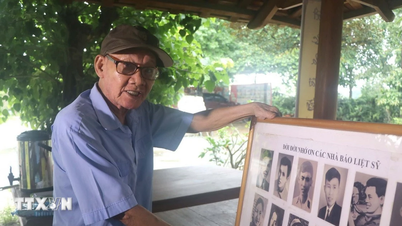
















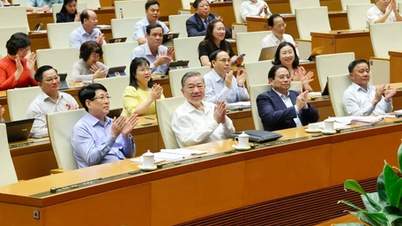


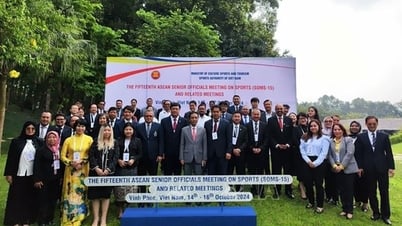
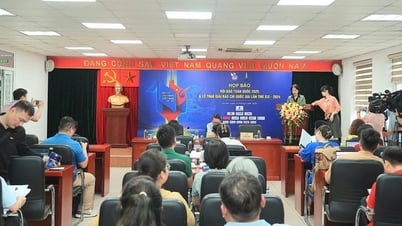
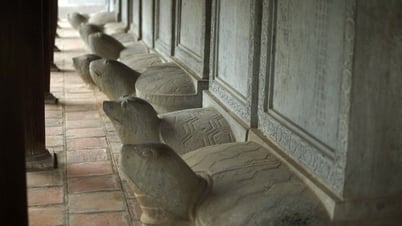
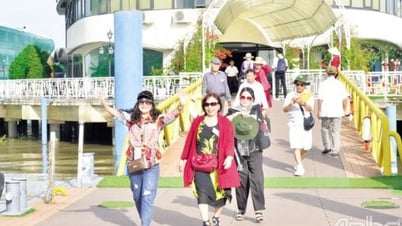




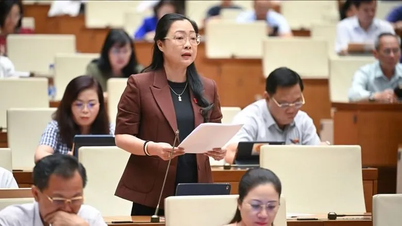


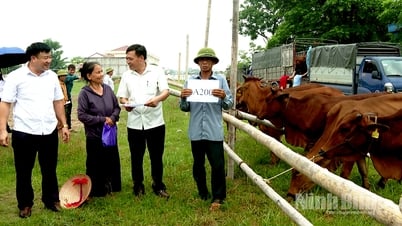

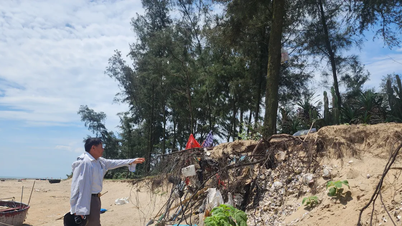












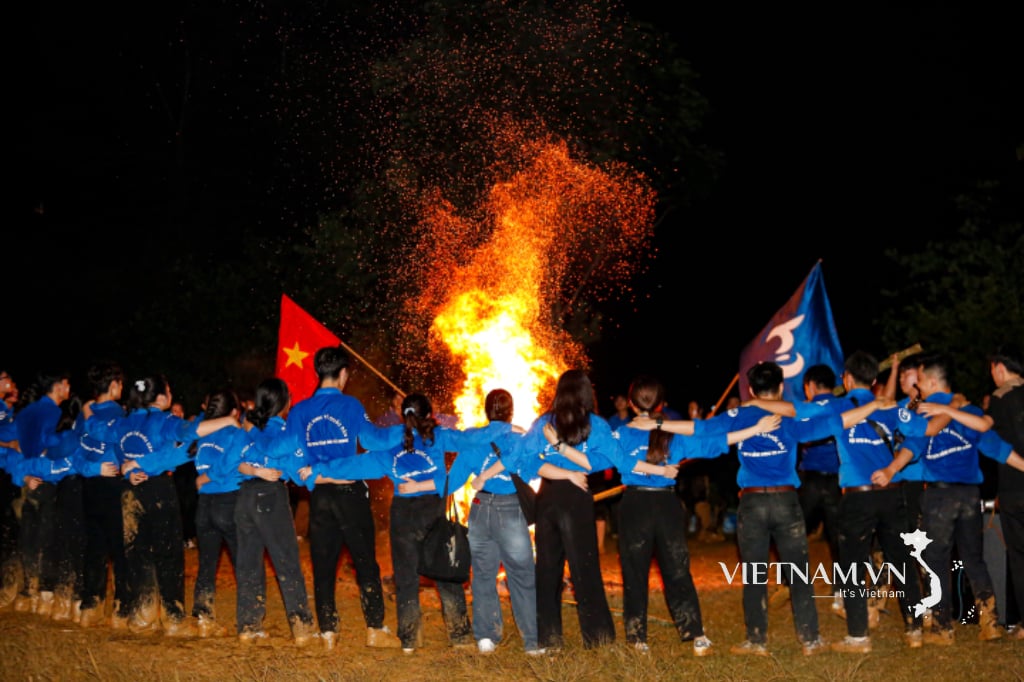

Comment (0)